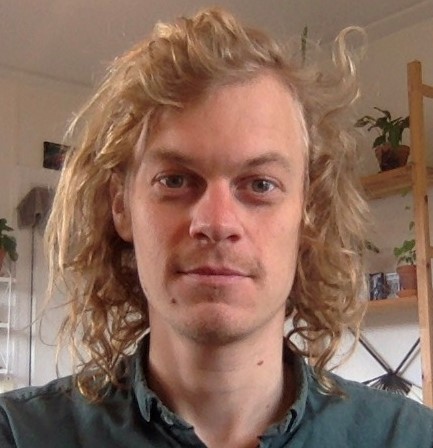Frederik Gudmundsen
-
![]()
fgudmundsen@health.sdu.dk
PhD Student
Obsessive-compulsive disorder is an extremely invalidating neuropsychiatric disorder for those affected as well as their relatives. Around 60% of all OCD patients respond to conventional treatment like psychotherapy and SSRI treatment, however the remaining ≈ 40% of OCD patients never receive the treatment they need. The current theory suggests that compulsive behavior stems from maladaptive habit formation caused by altered functional connectivity between the frontal cortical areas; Orbital Frontal Cortex (OFC) and Anterior Cingulate Cortex (ACC), and the striatum. This project is concerned with how changes in functional connectivity, as a measure of neural correlates, between OCD relevant regions can lead to compulsive behaviors in rats, and if these changes could be reversed after administration of the serotonergic agonist psilocybin. A novel OCD-like model in rats will be generated through chemogenetic stimulation of the glutamatergic projections from ACC to the dorsal medial aspect of the striatum (DMS), and functional connectivity will be assessed through [18]FDG-PET in awake and behaving rats.
